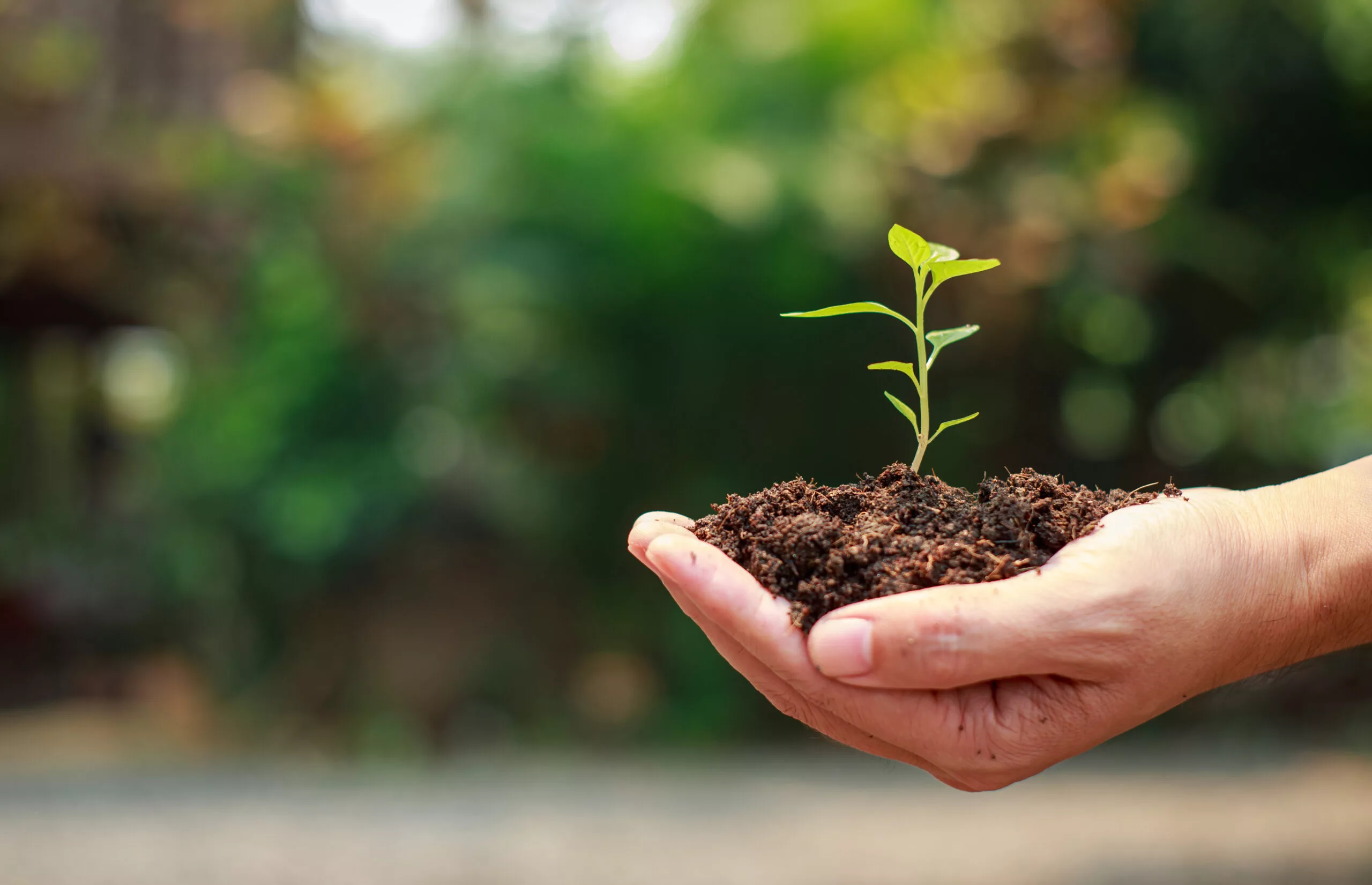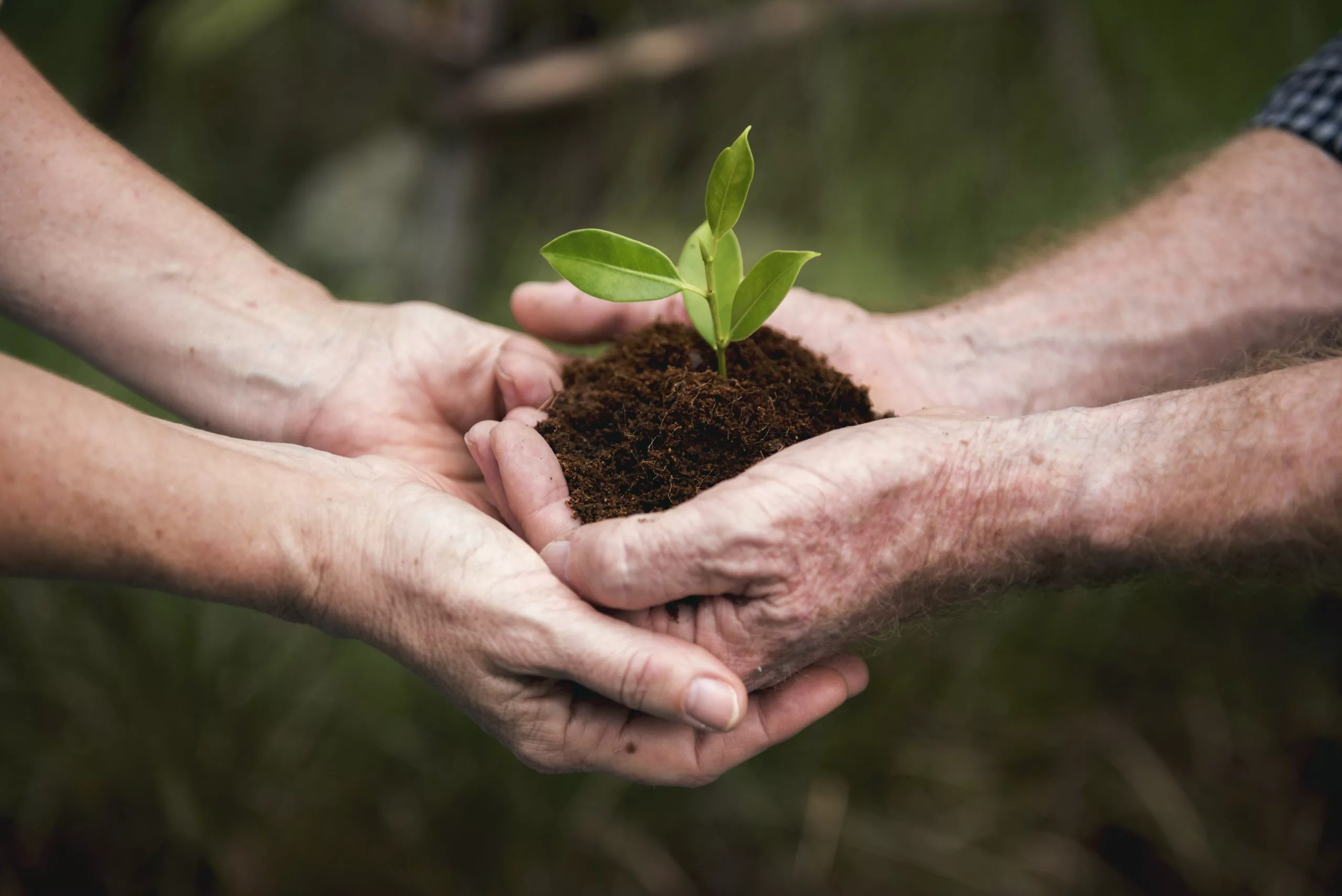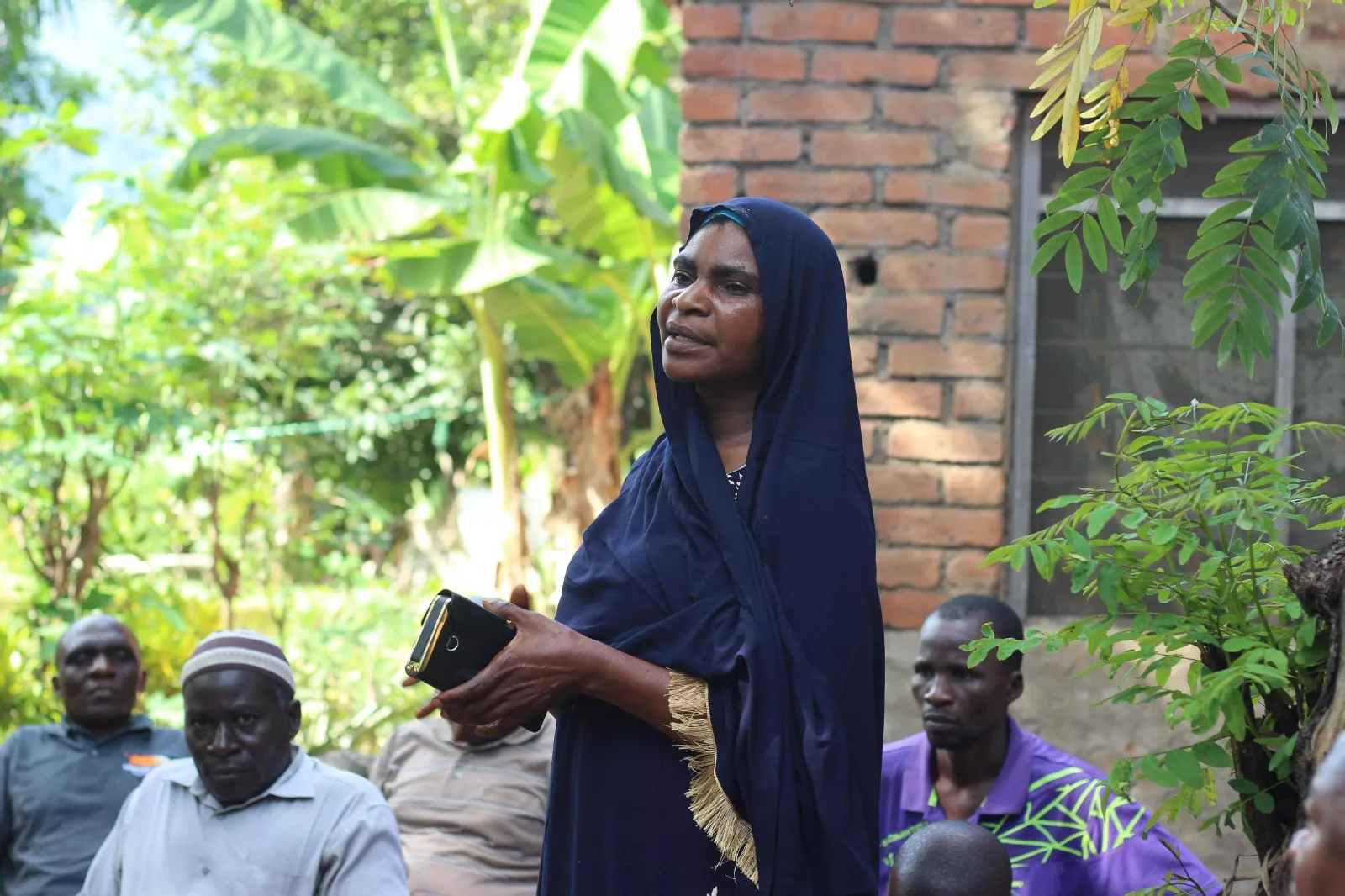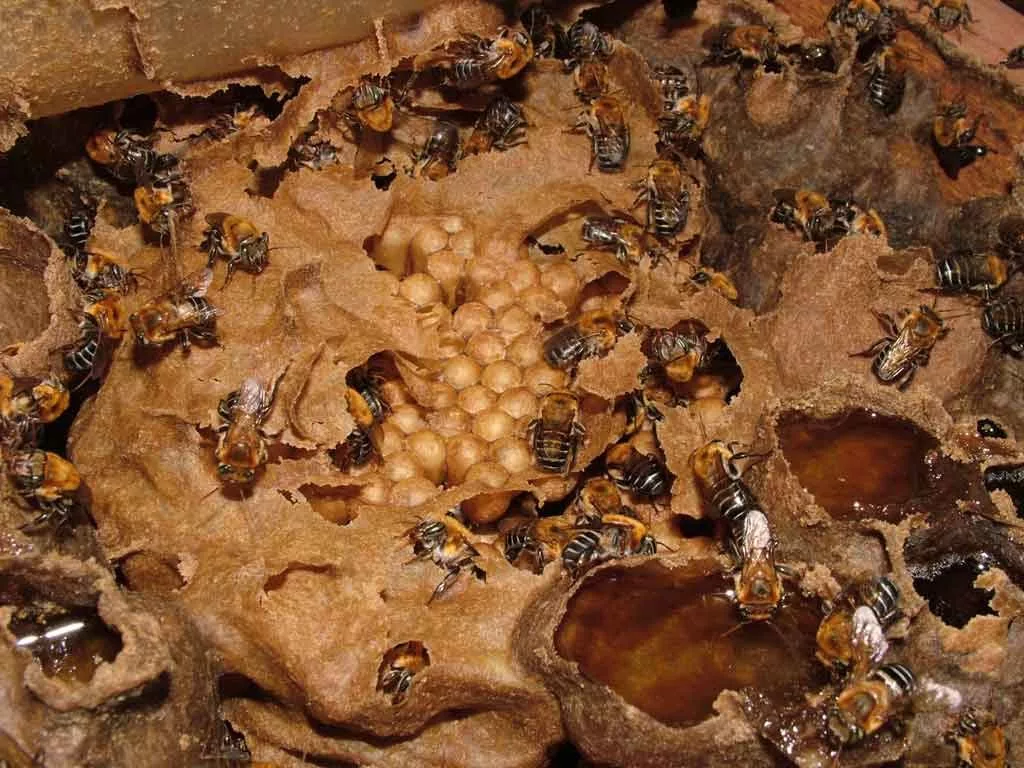
The Brazilian Bee Study Association (A.B.E.L.H.A.) has launched this week the Atlas of Beekeeping in Brazil, a digital tool that gathers main information available about the beekeeping chain in Brazil.
The platform offers an overview about the sector with data on production and sales value of honey by state, number of beekeeping establishments all over the country and areas with vegetation for the activity, and further information.
The Atlas brings an innovative tool that can contribute to develop both beekeeping and agriculture. The platform shows thematic maps that point out forests location and agricultural crops that are great bee pastures, for example.
This is the case of oranges, apples, melons, coffee, watermelon and soybeans, among others. This information is also valuable for farmers, since bees boost productivity of crops with “pollination services”.
In the case of coffee and oranges, for example, the visit of bees to flowers can increase production by 30%, in addition to producing better quality fruits.
Scientific information
The Atlas of Beekeeping in Brazil is free for all who look for information or need to study this important productive sector, such as public servants, researchers, representatives of sectoral entities, students and journalists, in addition to beekeepers themselves.
Information sources include the Brazilian Institute of Geography and Statistics (IBGE), the Comex Stat — System for the Analysis of Foreign Trade Information of the Foreign Trade Secretariat of the Ministry of Industry, Foreign Trade and Services (MDIC), the Organization of United Nations for Food and Agriculture (FAO), among others.
A second content releasing is planned for 2022, when the Atlas should receive a new range of filters, which includes the distribution of Brazil’s biomes, records of bee pests and diseases and the location of companies, educational and research institutions related to the sector.

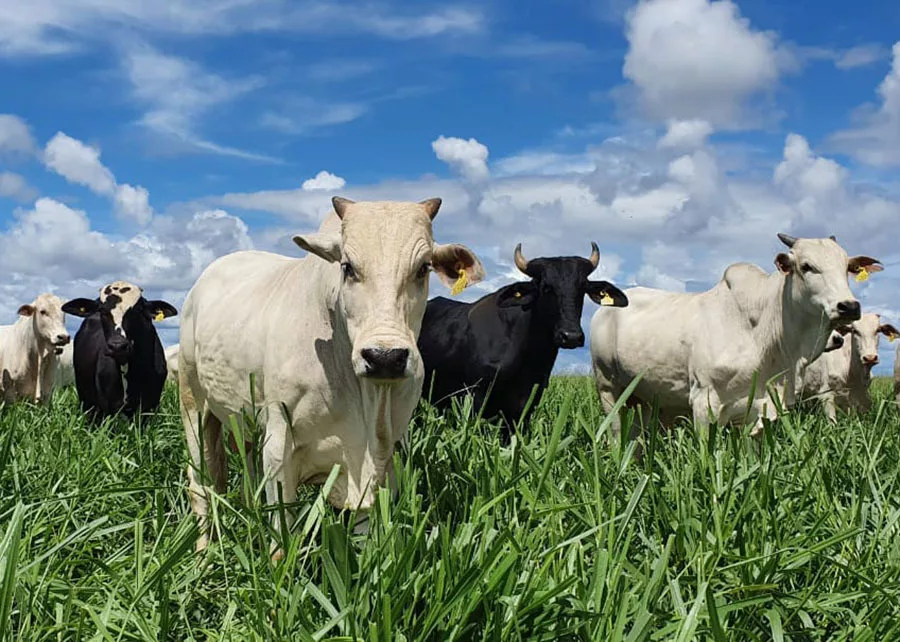
![24 Dec. 2023- Shirqat – Iraq – Ahmed Turki Naif, One of the beneficiaries of the training courses on modern agricultural methods in Shirqat is married and a father of two daughters, benefited from the project by adopting pivot sprinklers and drip farming after benefiting from the training course. his fealed work is growing barley, […] 24 Dec. 2023- Shirqat – Iraq – Ahmed Turki Naif, One of the beneficiaries of the training courses on modern agricultural methods in Shirqat is married and a father of two daughters, benefited from the project by adopting pivot sprinklers and drip farming after benefiting from the training course. his fealed work is growing barley, […]](https://planetacampo.canalrural.com.br/wp-content/uploads/sites/9/2025/02/undp_iq_dsc06266-scaled-1.webp)
